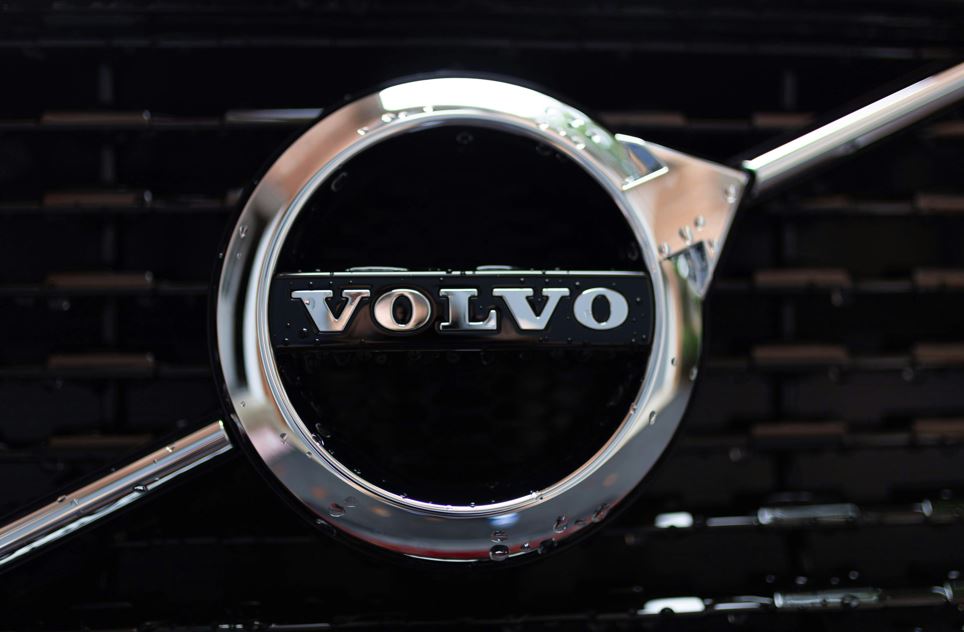Volvo Group has officially launched the PU2000 Battery Energy Storage System (BESS), marking a strategic shift from transportation toward integrated energy infrastructure solutions.
Unveiled during Volvo Energy’s Customer Day in Gothenburg, the system is engineered in Sweden to optimize energy costs, enhance operational resilience, and accelerate electrification for industrial and commercial sites.
The PU2000 is designed for seamless integration with Volvo’s digital energy management ecosystem, including the Volvo Site Controller and Volvo Cloud Energy Management System. This connectivity allows real-time monitoring, predictive load management, and automated optimization—capabilities increasingly vital as grid constraints and renewable intermittency challenge traditional energy systems.
Circularity and Lifecycle Integration
Volvo’s approach extends beyond operational performance to lifecycle and circularity considerations. The PU2000 incorporates modular battery packs, designed for reuse, repurposing, and eventual recycling at end-of-life. By aligning battery design with Volvo’s existing electric vehicle (EV) circular strategies—including second-life applications for stationary storage—customers can extract maximum value while minimizing waste.
The system employs liquid cooling, PFAS-free fire suppression, and advanced cybersecurity protocols, underpinned by Volvo’s supply chain standards. Beyond safety, these features enhance durability and operational longevity, key factors in creating a sustainable, circular energy ecosystem.
PU2000 supports peak shaving, load shifting, participation in grid markets, EV charging, and island-mode operation. These functionalities not only improve energy cost efficiency but also enable integration of renewable generation by storing excess solar or wind power for later use. The modular design allows systems to scale with demand, facilitating a transition to cleaner, more resilient energy networks.
Volvo’s move comes amid rising global energy storage demand. Analysts estimate that the stationary BESS market will exceed $30 billion by 2030, driven by increased electrification, renewable energy adoption, and the need for flexible grid services. Volvo leverages its reputation in safety, reliability, and lifecycle management—key differentiators in industrial energy applications—to position the PU2000 within this rapidly expanding sector.
Stay updated on the latest in energy! Follow us on LinkedIn, Facebook, and X for real-time news and insights. Don’t miss out on exclusive interviews and webinars—subscribe to our YouTube channel today! Join our community and be part of the conversation shaping the future of energy.
